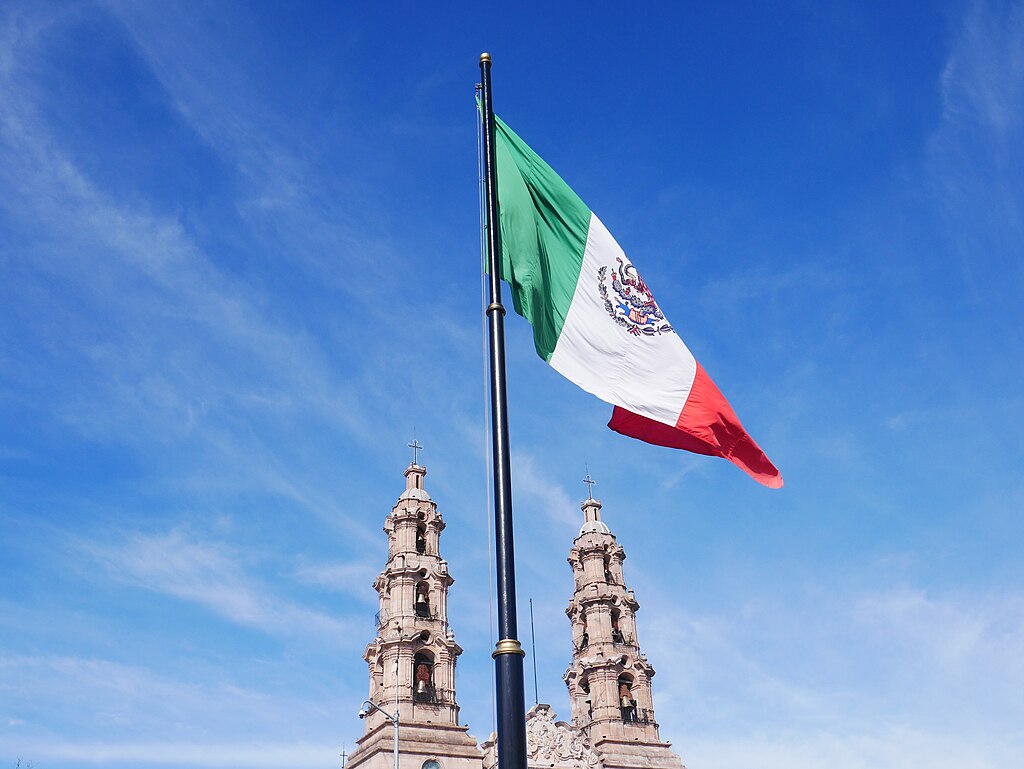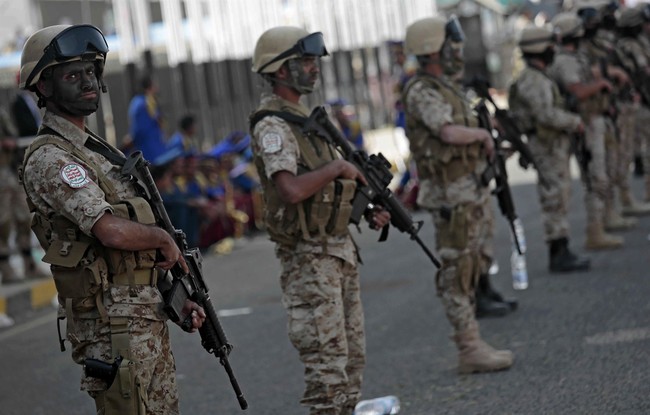Escalating Tensions: Israeli Airstrikes in Syria
Explore the multifaceted dimensions of the recent Israeli military actions in Syria as political experts express concerns over potential regional impacts and geopolitical shifts.
Published April 04, 2025 - 00:04am

Image recovered from arabnews.com
In recent days, the Middle East has witnessed a significant escalation of military activities with Israel intensifying its airstrikes in Syria. These developments have drawn international attention, as various stakeholders express grave concerns over the implications such actions might have on the stability of the region.
On Thursday, Israeli forces carried out a series of aerial assaults targeting several military installations in southern Syria, specifically in the Hama province. These operations, characterized by their intensity, are part of Israel's heightened military campaign against targets in Syria following the downfall of Bashar Assad's regime at the end of last year. The strikes were spread across a 30-minute window, effectively dismantling vital infrastructure, including the Hama air base, as confirmed by military sources.
The Israeli government's rationale for these actions is rooted in its security strategy. Defense Minister Israel Katz emphatically outlined that the airstrikes serve as a precautionary measure against what Israel perceives as a growing threat from Islamist groups now in control in Damascus. The presence of these groups poses a direct risk to Israel's national security, particularly with their advancements in southern Syria, an area close to the Israeli border.
Further complicating the geopolitical landscape, Israeli officials have voiced concerns about Turkey's involvement in the region. Foreign Minister Gideon Saar criticized Turkey's expanding influence, suggesting that Ankara might be seeking to establish a 'protectorate' in Syria. Such accusations highlight the shifting allegiances and power dynamics that characterize the post-Assad era in Syria.
Meanwhile, the Syrian government, while condemning the Israeli attacks, has reached out to the international community. They urge global stakeholders to intervene and curb what they describe as unprovoked aggression aimed at destabilizing Syria at a critical juncture in its history.
The events have also incited reactions beyond the immediate theatre. Egypt, a significant regional player, has issued a strong condemnation against the Israeli strikes. The Egyptian Foreign Ministry called these actions a severe violation of international law, demanding accountability and a cessation of hostilities from the global community.
Interestingly, the strikes occurred in tandem with a series of internal skirmishes within Syria, where civilians, under the rallying cries from local mosques, have reportedly taken up arms against Israeli troops. These encounters have resulted in civilian casualties, further intensifying humanitarian concerns.
This sequence of events not only underscores the volatility inherent in the Syrian conflict but also raises critical questions about the future trajectory of regional politics. The involvement of multiple regional powers, including Turkey and Israel, alongside remnants of the Assad regime and local armed factions, suggests a complex web of interests and potential flashpoints.
Given these developments, the international community, including entities like the United Nations, faces the monumental task of navigating this intricate landscape. The key challenge lies in addressing the immediate humanitarian crisis while concurrently developing a coherent strategy that can usher in long-term stability and peace in the region.
As the situation continues to evolve, observers and analysts are closely monitoring the interplay between military actions and diplomatic efforts in the Middle East. The unfolding scenario underscores the necessity for nuanced diplomacy and collective international action aimed at preventing a further escalation of conflict that could have far-reaching consequences globally.






